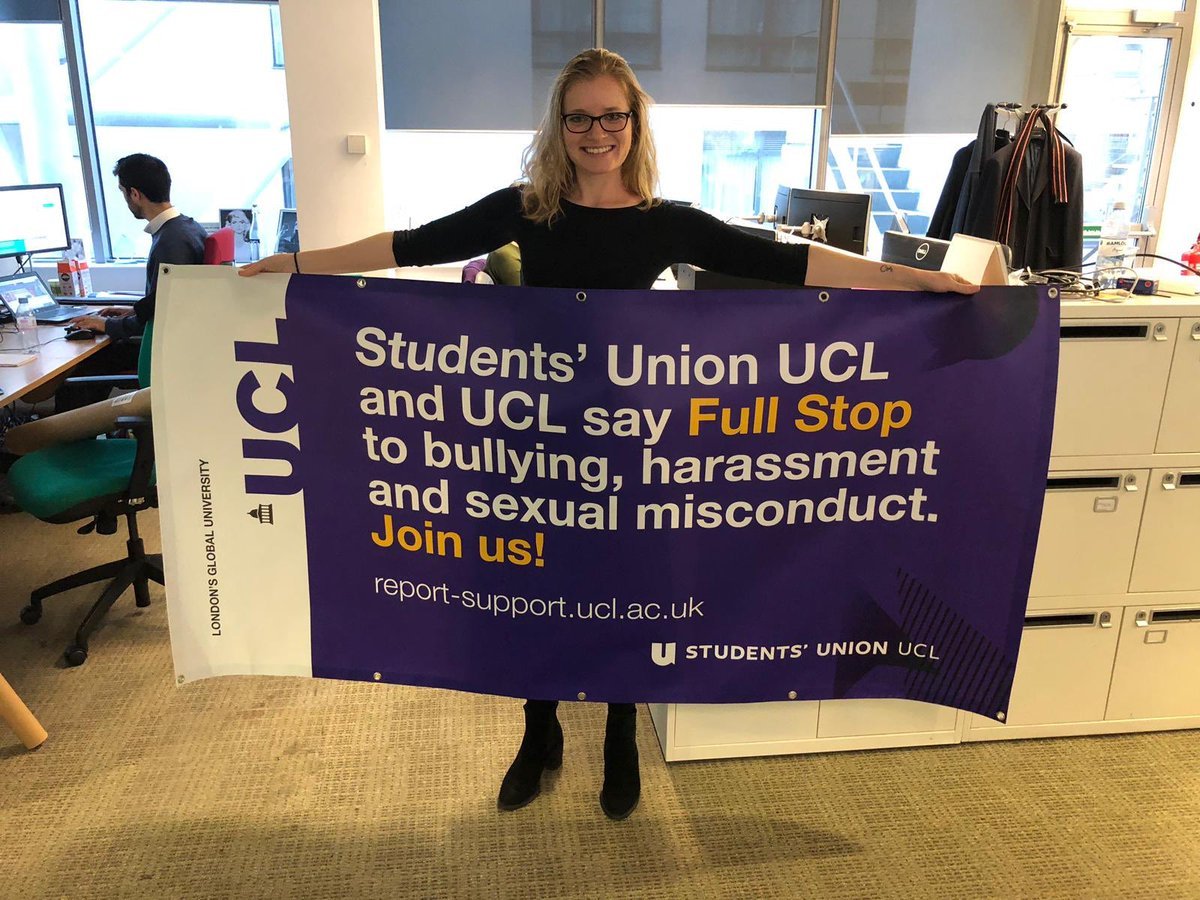Lean into the discomfort
It’s not easy to be challenged, or shift away from your comfort zone - but its necessary. Real change requires us to lean into discomfort, to challenge our power, privilege and influence and challenge what we know. Below are some of my reflections, musings and insights from personal and professional experience.

Navigating through the stereotypes and noise to ‘do’ pregnancy in a way that make senses to me
Navigating pregnancy and parenting can be a beautiful journey, but it's often overshadowed by societal judgments and expectations. From gendered stereotypes to the silencing of those who struggle to conceive, and the heart-wrenching grief of losing a child, the path to parenthood is fraught with challenges.

Early intervention: often the overlooked ingredient to effective prevention strategies
Early intervention methods, such as environmental assessments, a form of cultural audit, can play a crucial role in identifying and addressing risk factors within an organisation or university. These assessments enable institutions to take targeted, informed, and proactive steps to prevent issues such as bullying, harassment, and gendered violence.

Australian Universities will finally be required to invest in preventing gender-based violence thanks to the new National Code
Too often, resources are focused on reactive responses, such as increased funding for crisis support services or external reviews after incidents have occurred. While these measures are necessary, they fail to address the underlying systemic issues that perpetuate gendered violence on campuses.

Get to Know Me
There have been a few new faces appearing within the KP Community so I wanted to take the time to re-introduce myself! As most of you will know, I’m Kelsey, a proud Tasmanian, diversity and inclusion practitioner with expertise in behavioural and cultural change in organisations.
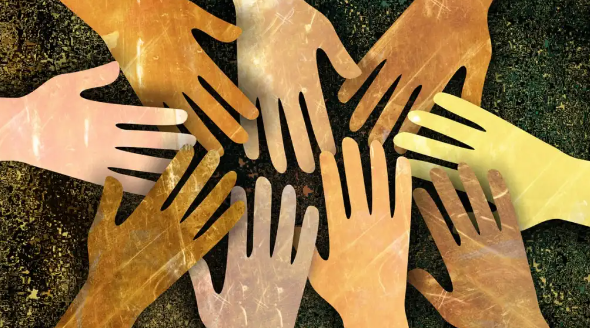
How can we heal after the referendum?
The 2023 Referendum – The Voice was a crucial referendum held on the 14th of October to address the historic underrepresentation and deprivation of our Indigenous people. The outcome of this referendum was not what many had expected and certainly not what many, including I, had hoped for. The result of the referendum had devastating consequences for Indigenous communities and the nation as a whole.
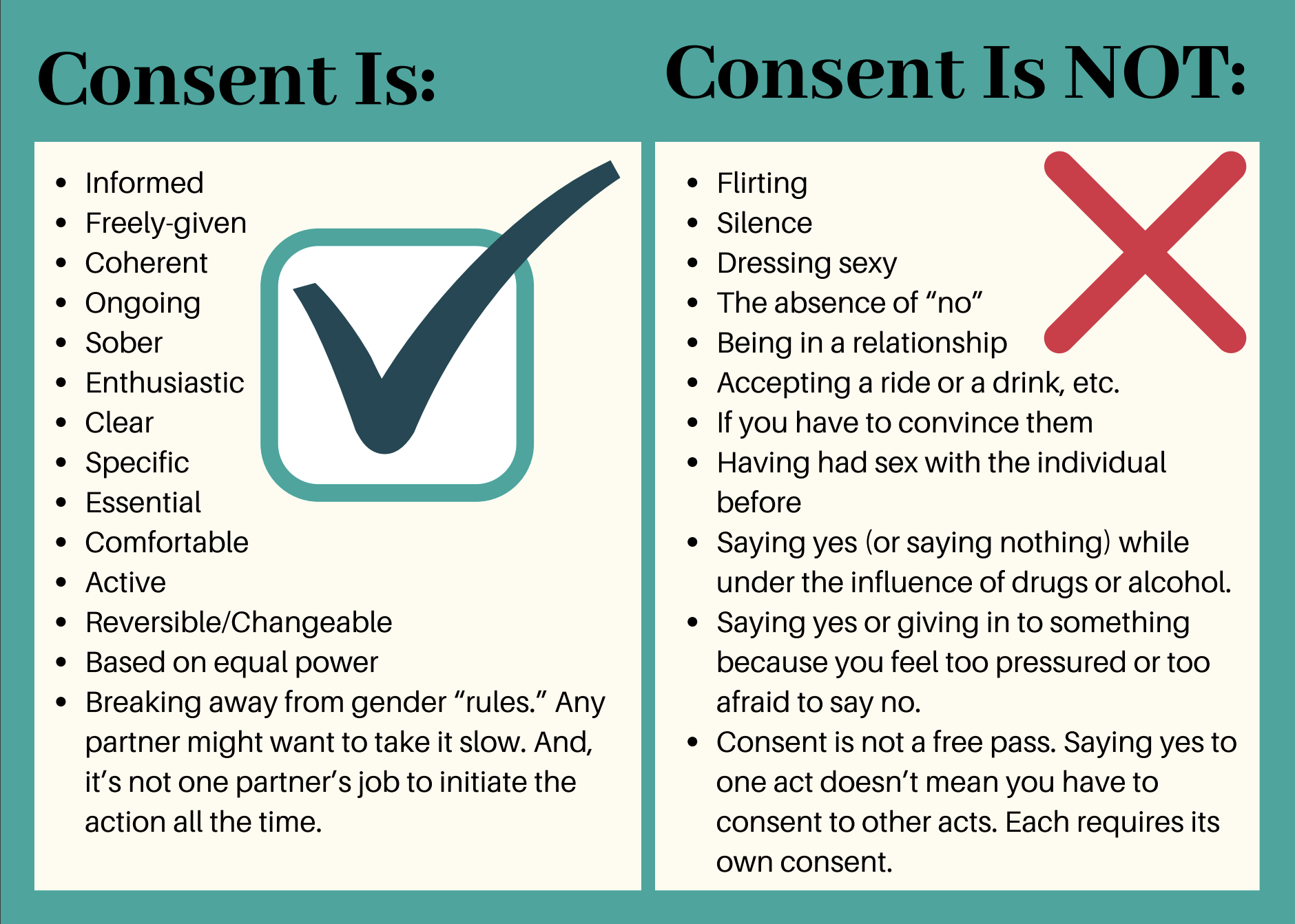
Affirmative Consent - what is it, and why it’s so important
As of 30 July 2023, Victoria introduced new affirmative consent laws, the latest in a string of amendments nationwide to bring sex offence legislation in line with contemporary community expectations. Affirmative consent is more than just a concept; it's a shift in how we approach intimate relationships. It prioritises clear communication, mutual respect, and the rights of every individual to control their bodies and boundaries.
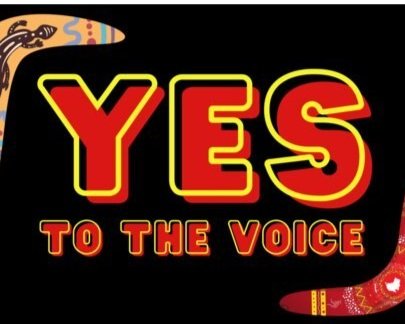
Why I’m voting Yes, this referendum.
An incredibly important referendum is coming up on October 14th. I’ll be voting yes because I believe there must be formal legal recognition of our First Nations people as the traditional and continuous custodians of the land on which we live.
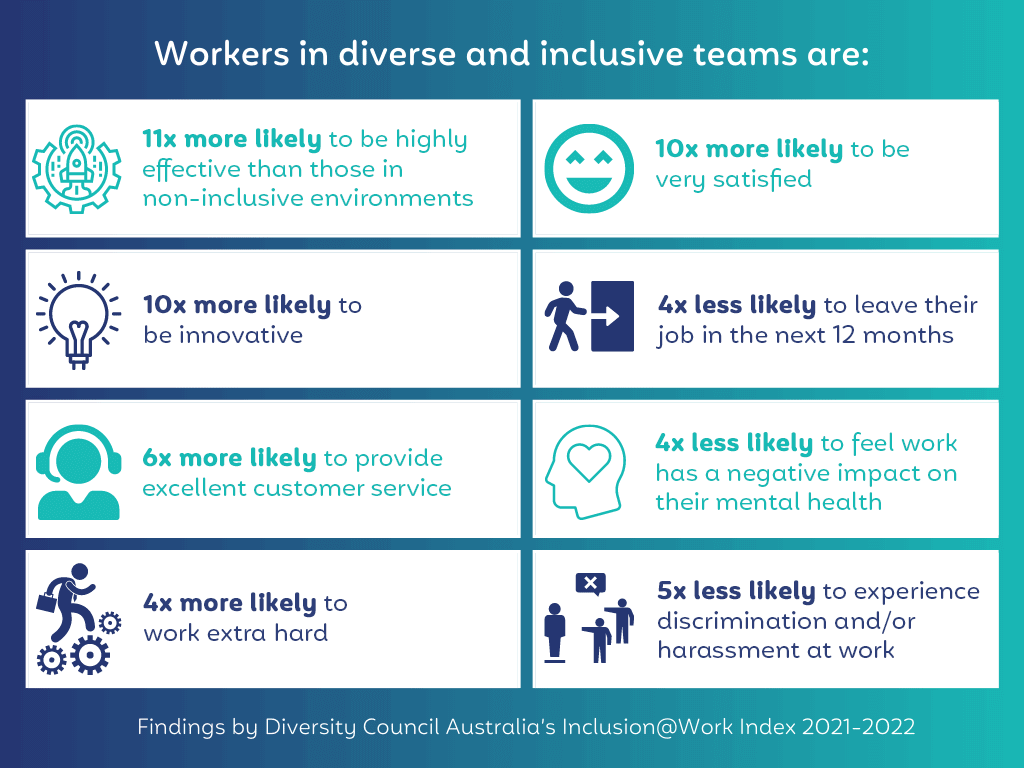
Where to start with Diversity and Inclusion?
Recent legislative changes have enhanced Australian workplaces' obligations not to discriminate against employees and to ‘take all reasonable steps’ to prevent discrimination, harassment, victimisation, and bullying. As a result of the Respect at Work Amendment, all Australian workplaces now have a positive duty to eliminate sexual harassment. But discrimination law isn’t the only change. Australian WorkSafe legislation has recently changed to include responsibilities for employers to address and minimise psychosocial hazards and risks, which may include bullying, harassment, or discrimination.

It's not about you: lessons in White Privilege
White privilege is the inherent advantage that a white person has, as a result of their race in a society that recognises and celebrates white as the norm, when in fact, white populations often make up minority populations. These experiences happen all around us each day. From entering social spaces and not feeling marginalised, to finding beauty and healthcare products that are made for white skin, to not experiencing barriers. It’s small everyday experiences that white folk don’t have to think about – that’s the privilege.
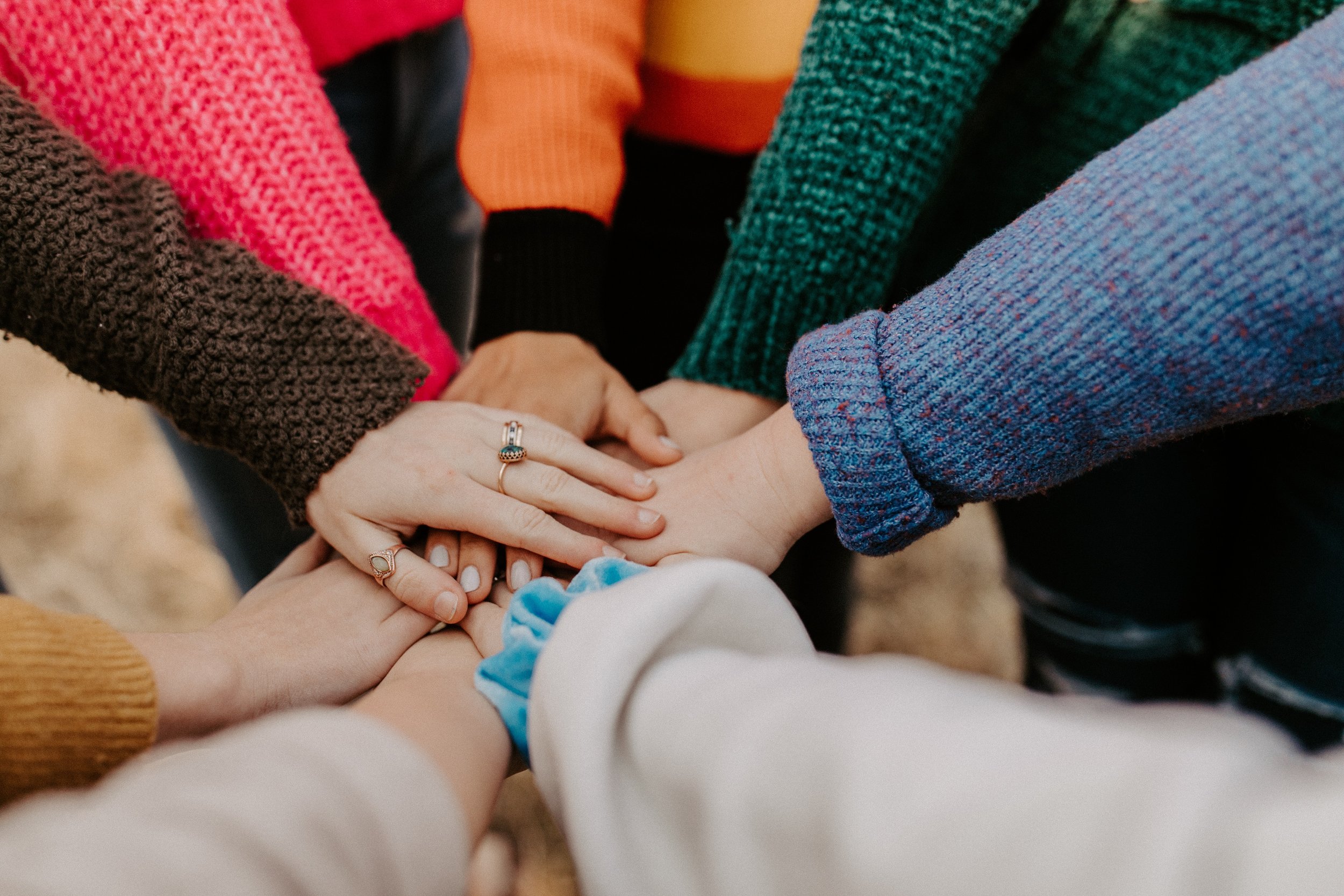
How can workplaces intervene early and prevent unacceptable behaviours?
In Australia, the Anti-Discrimination and Human Rights Legislation Amendment (Respect at Work) Act 2022 is now law, which means that all workplaces have a positive duty to eliminate sexual harassment from the workplace. All these changes to workplace safety and equality law are highlighting the need for organisations to be more proactive, and less reactive when considering the safety and wellbeing for their employees.
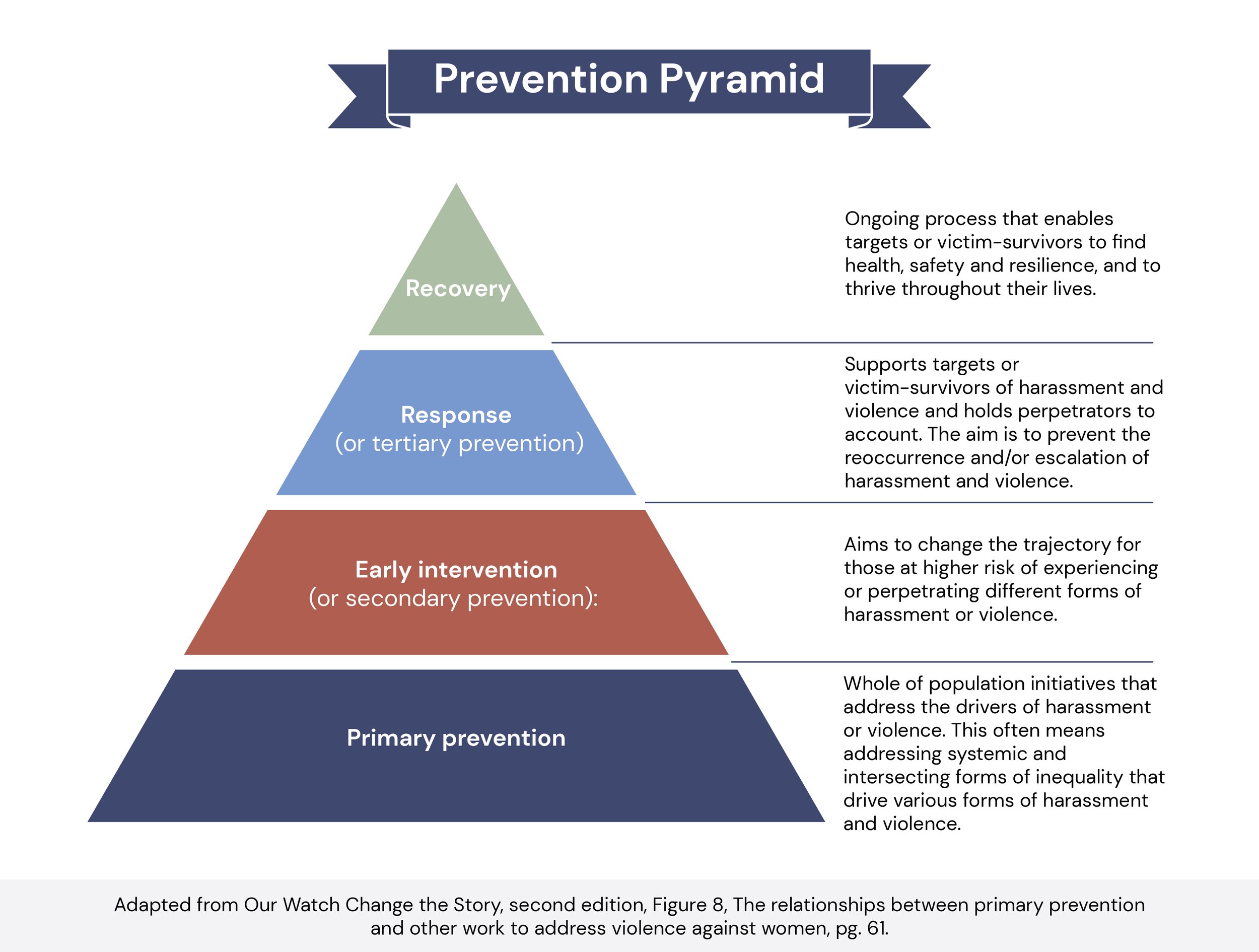
The importance of investing in prevention: lessons from a global pandemic
But there are many important lessons about how Covid-19 came to be: global pandemics, just as the climate crisis, are preventable. There are a number of contributing and preventable factors that have led us to where we are now, and one of the key behaviours we need to address is moving beyond reaction, and engaging in prevention.
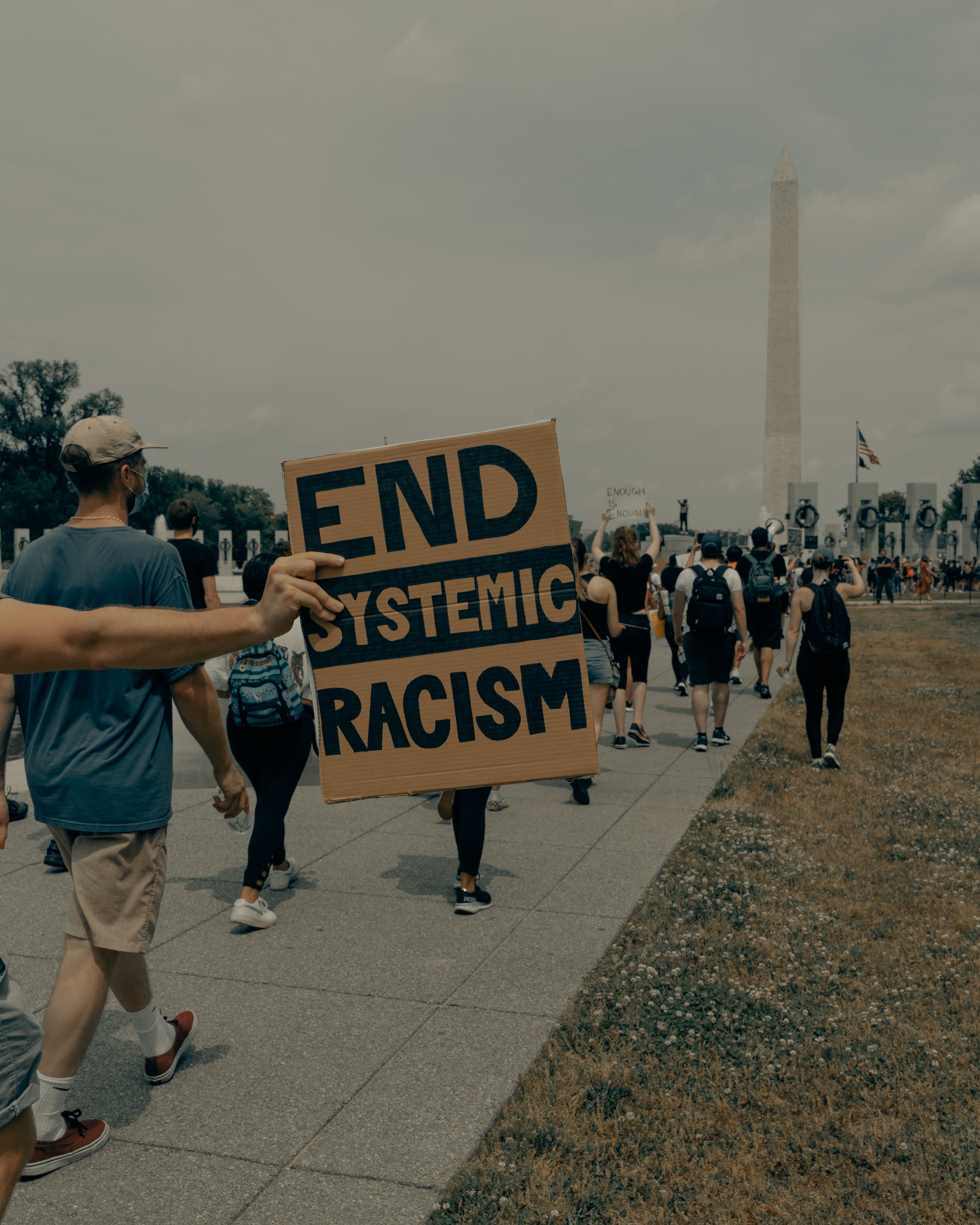

Gender inclusive workplaces: moving beyond pronouns
Society puts a lot of pressure on people to look a specific gender, and if you identify as something else, you confuse the masses. Starting off by getting the pronouns right is a great first step, but not the only or final one. It’s just the tip of the iceberg when it comes to workplace inclusivity.
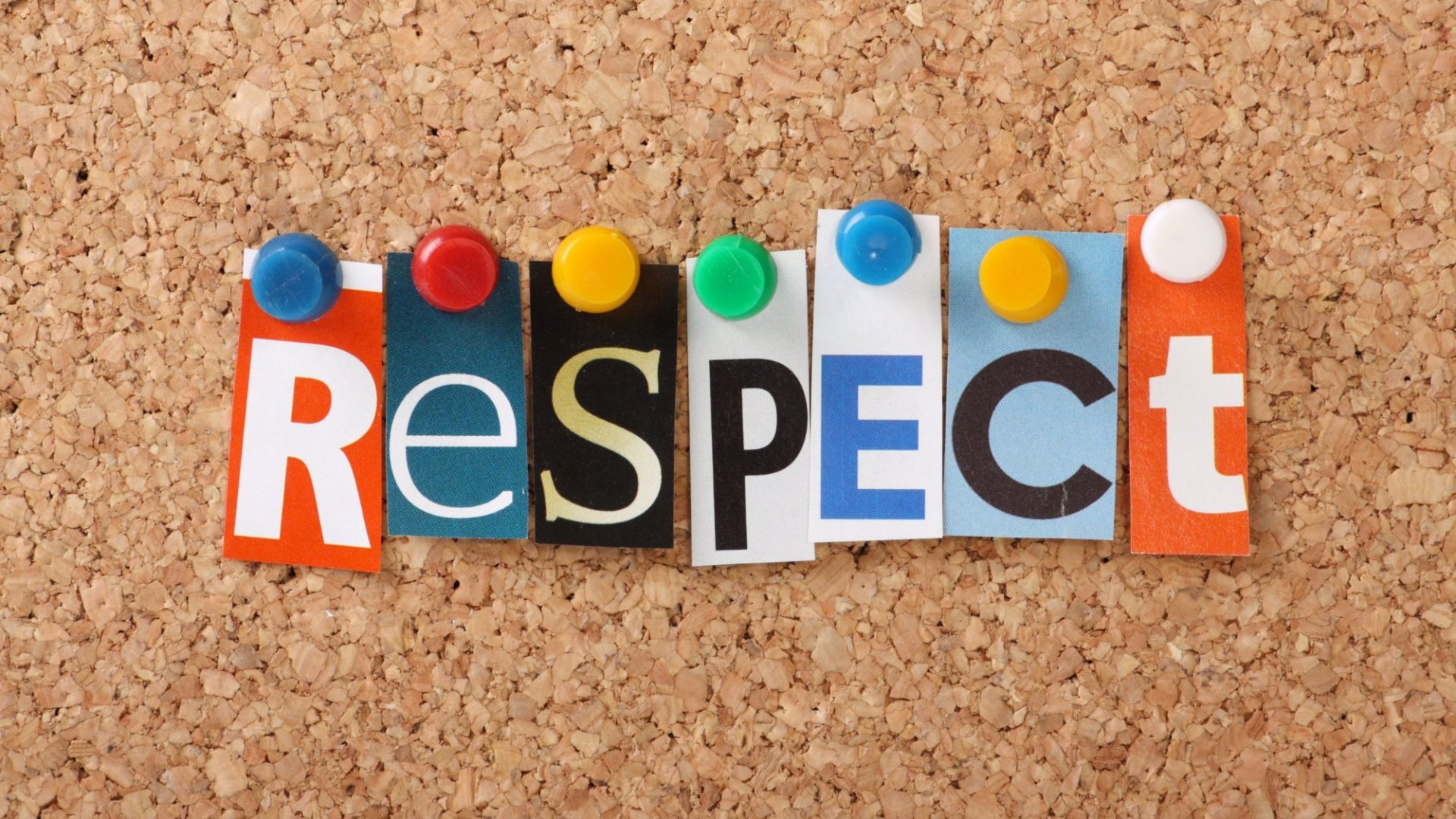
Preparing your organisation for the Respect @ Work legislative changes
This is not a test about how well an organisation responds once they become aware of sexual harassment, or whether or not they have training and support in place, it’s about taking steps to take reasonable and proportionate measures to eliminate discriminatory conduct.
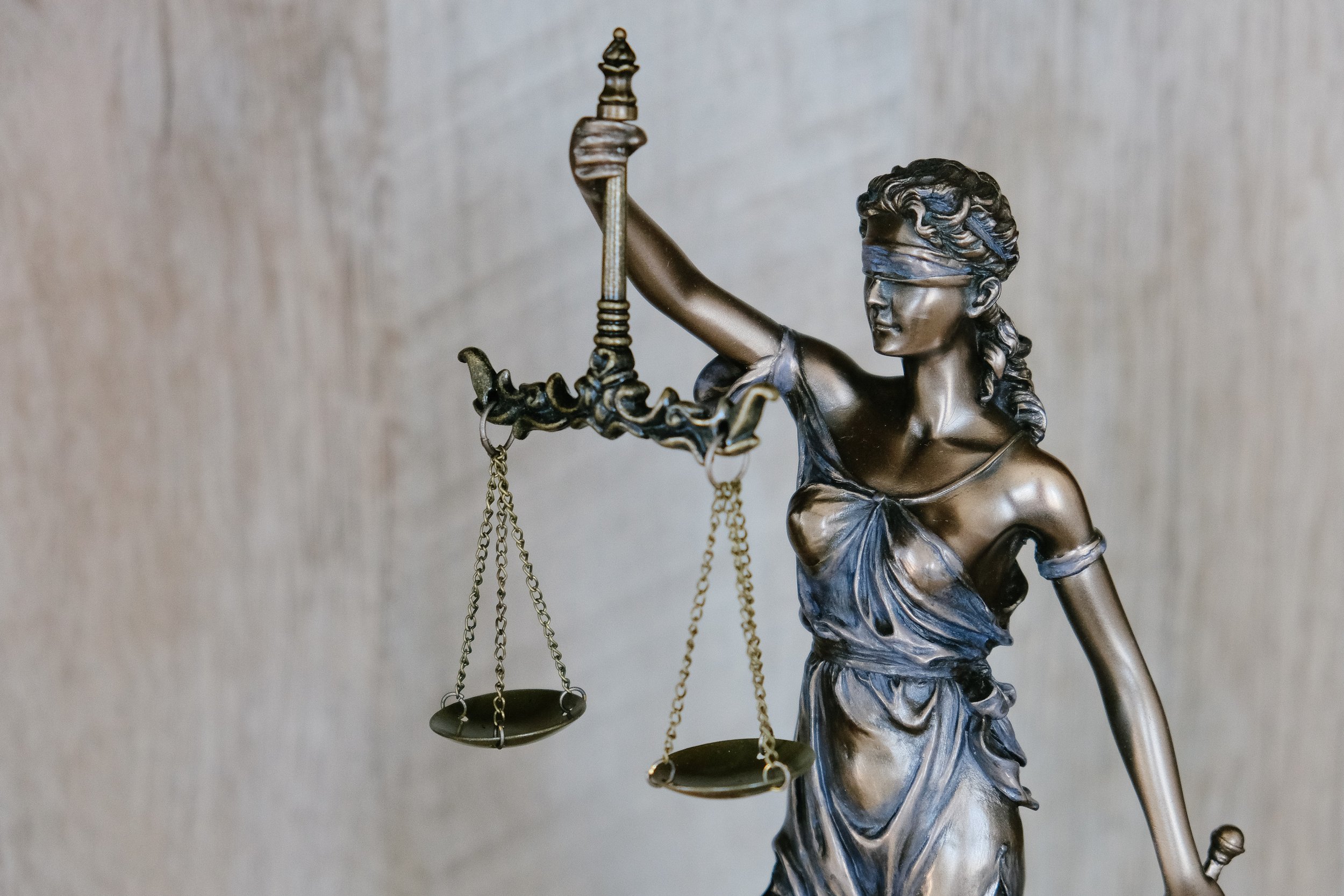
The social need for a 'perfect victim’ in sexual violence cases needs to stop
What is happening now in Australia with the trial of Bruce Lehrmann, the person who allegedly raped Brittany Higgins in the office of the Defence Minister of Australia, is exactly the reason many survivors choose not to report.

General principles don’t change behaviour
Training is often used as an intervention to improve workplace culture, however, does it work? In this blog, I explore key learnings from applying behavioural science to bullying and harassment training.
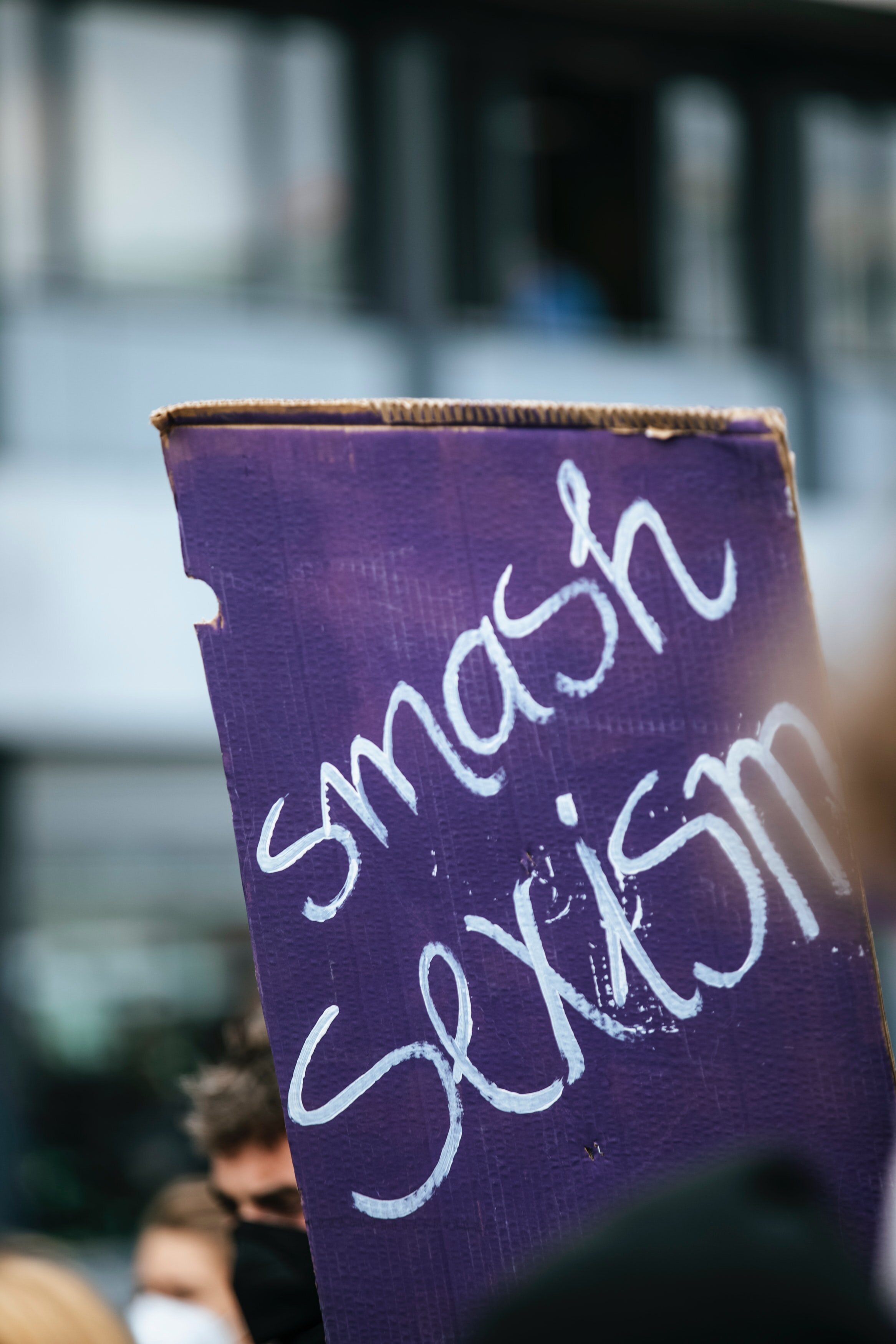
More survivors are coming forward - so where’s the cultural change?
More sexual violence survivors are coming forward, but there has been little change. In this blog post, I highlight why and raise concerns about Australia’s lack of leadership on this issue.

‘What about malicious reports?’
In this post I explore a common question posed when talking about sexual violence and misconduct, and where attention should be focused in order to prevent such abuse.

In my element: navigating conflict and valuing difference with TetraMap
After undertaking the TetraMap Facilitator training, I share my reflections on the safety of using nature as a metaphor, and I situate TetraMap as a key tool to preventing unacceptable behaviour and conflict.

